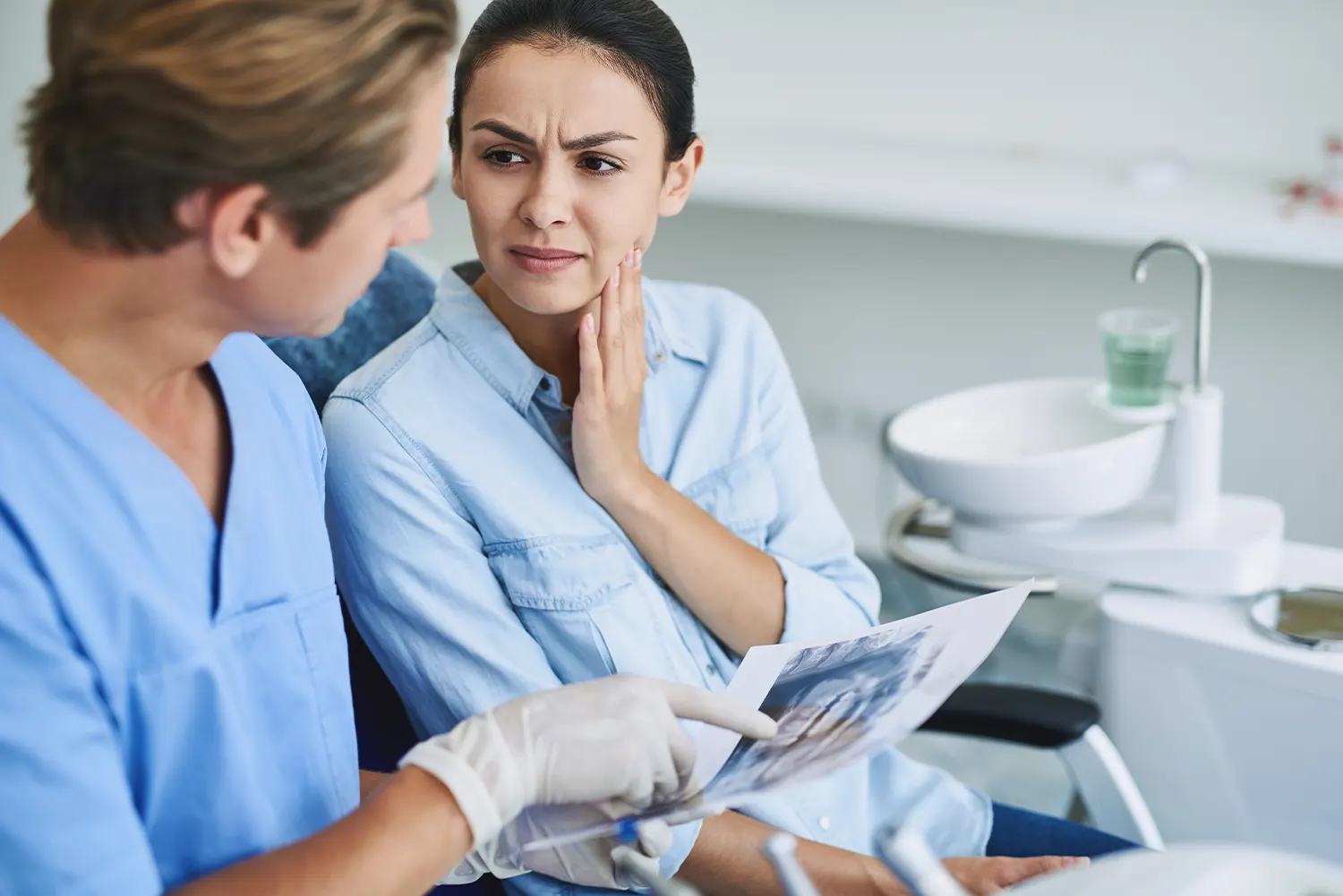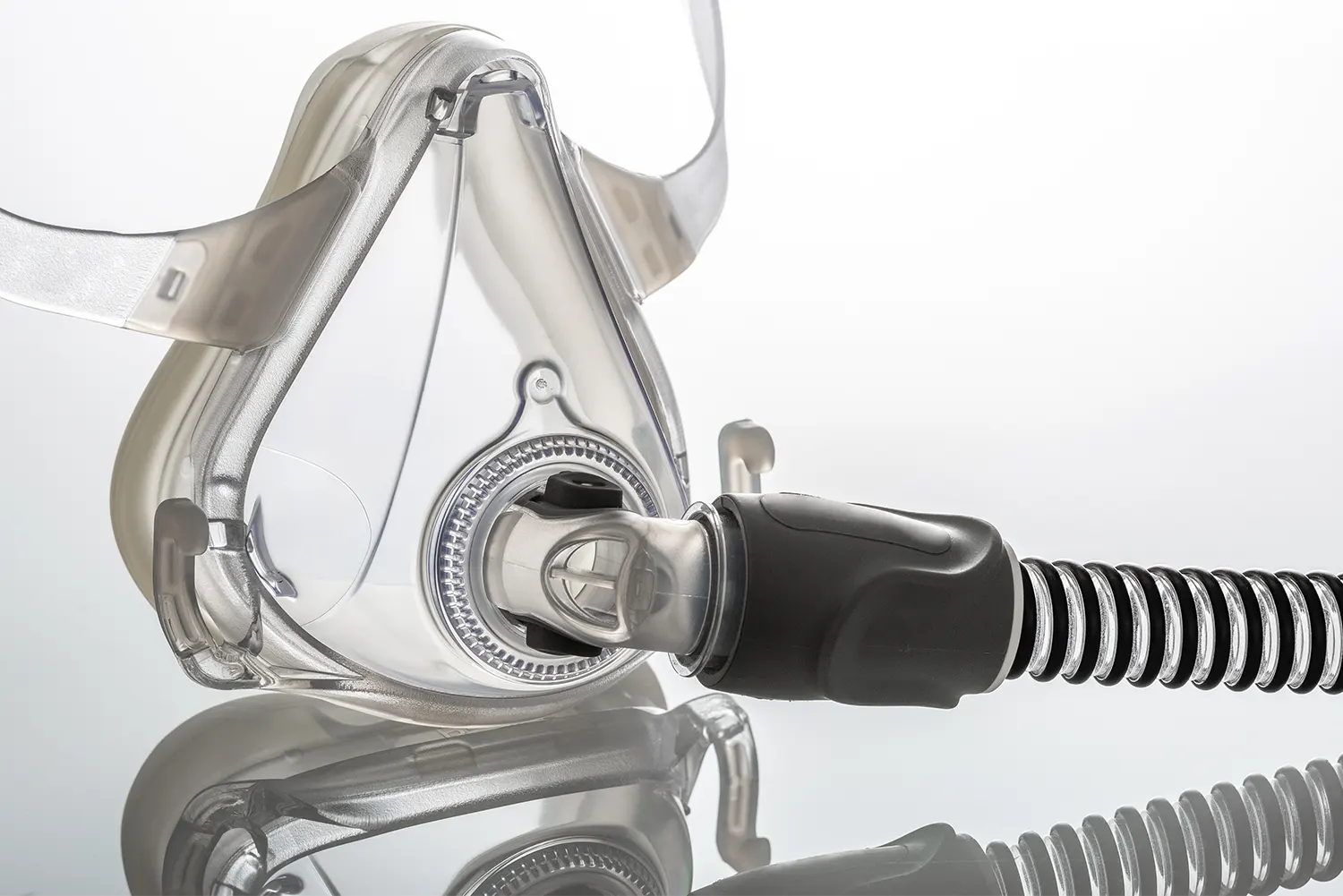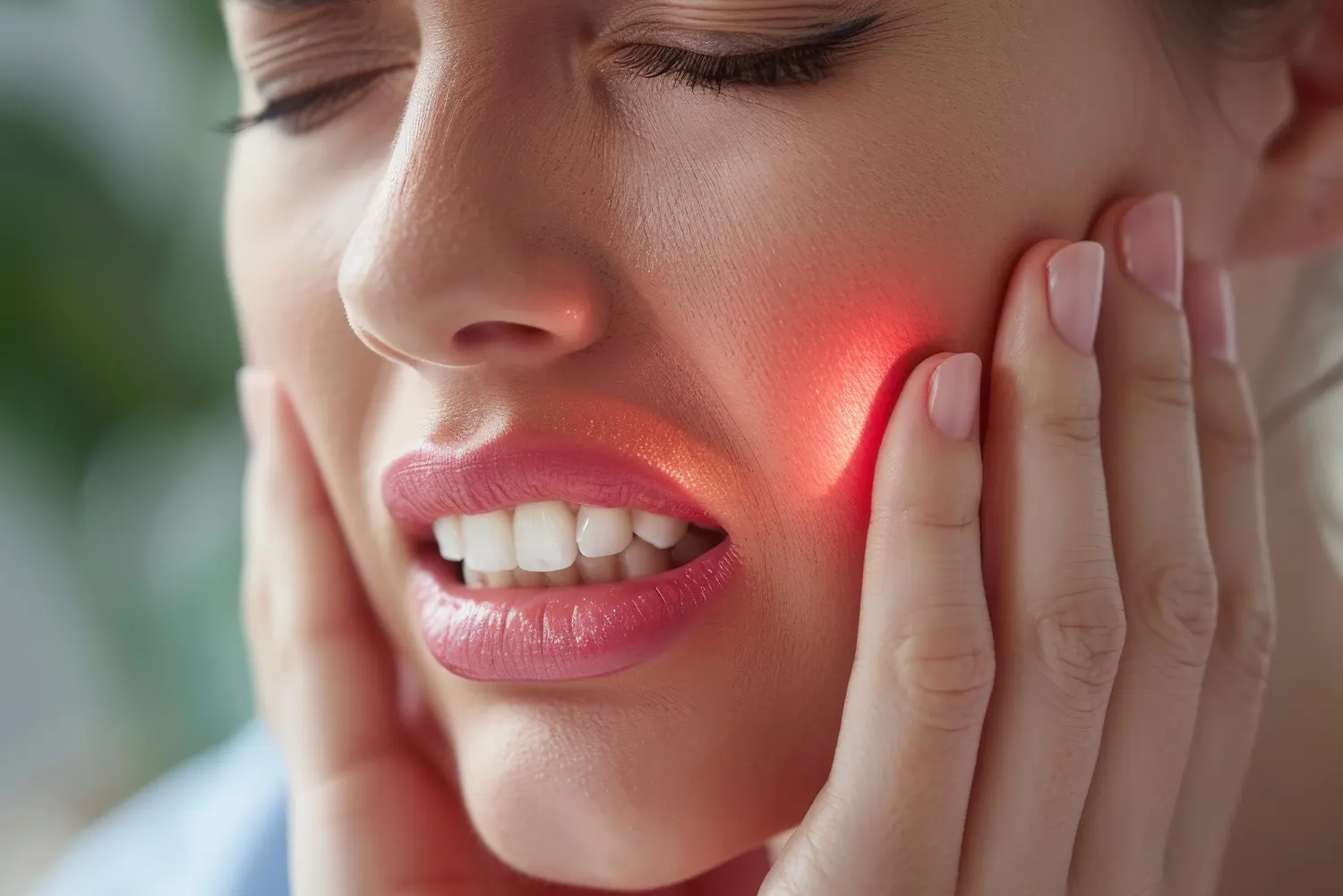
The Link Between TMJ Disorders and Chronic Headaches
Chronic headaches can be debilitating, affecting every aspect of your life from work productivity to personal relationships. While many factors can contribute to persistent headaches, one often overlooked cause is Temporomandibular Joint (TMJ) disorders. Understanding the connection between TMJ disorders and chronic headaches can be the key to finding relief and improving your quality of life. In this blog, we will explore how TMJ disorders can lead to headaches and what you can do to alleviate the pain.
Understanding TMJ Disorders
The temporomandibular joint connects your jaw to your skull, and it plays a crucial role in everyday activities such as chewing, speaking, and yawning. When this joint is not functioning properly, it can lead to a range of symptoms collectively known as TMJ disorders. Common symptoms include:
- Jaw pain or tenderness
- Difficulty chewing or discomfort while chewing
- Locking of the joint, making it hard to open or close your mouth
- A clicking or popping sound when opening the mouth
These symptoms can sometimes extend beyond the jaw, manifesting as chronic headaches that are often misdiagnosed or attributed to other causes.
The Connection Between TMJ and Headaches
TMJ disorders can lead to headaches through several mechanisms. The jaw muscles and the temporomandibular joint are closely linked to the muscles and nerves in the head and neck. When there is dysfunction in the TMJ, it can cause:
- Muscle tension in the jaw, neck, and shoulders, leading to tension-type headaches
- Referred pain, where pain is felt in a different location than its source, such as headaches originating from jaw tension
- Increased stress and anxiety, which can exacerbate both TMJ symptoms and headaches
Understanding this connection is essential for effective treatment and relief.
Diagnosis and Treatment Options
Diagnosing TMJ disorders typically involves a comprehensive examination by a healthcare professional, who will assess your jaw's range of motion, listen for sounds in the joint, and check for areas of discomfort. Imaging tests like X-rays or MRIs may also be used to get a detailed view of the joint. Once diagnosed, various treatment options are available, including:
- Physical therapy to strengthen jaw muscles and improve joint function
- Oral splints or mouthguards to prevent teeth grinding and reduce strain on the jaw
- Medications such as anti-inflammatories or muscle relaxants
- Stress management techniques to reduce overall tension
In severe cases, surgical intervention may be considered.
Preventive Measures and Lifestyle Changes
In addition to medical treatments, certain lifestyle changes can help manage TMJ disorders and reduce the frequency of headaches. Consider the following preventive measures:
- Maintain good posture to reduce strain on the neck and jaw
- Avoid chewing gum or hard foods that can exacerbate jaw tension
- Practice stress-reducing activities such as yoga or meditation
- Ensure proper ergonomics at your workstation to support neck and back health
By incorporating these changes, you can significantly reduce the impact of TMJ disorders on your life.
Relieve Your Headaches in Plano Today
If you are in Plano and suffering from chronic headaches that may be linked to TMJ disorders, don't wait any longer to seek help. At Plano Sleep & Headache Relief, Dr. Trevor Shewski and Dr. Peter Barnett are dedicated to diagnosing and treating TMJ disorders to alleviate your headaches and improve your overall well-being. Call us today at (972) 943-5944 to schedule your appointment and take the first step towards a pain-free life.
Related Posts

How to Know It’s Time to See a Sleep Specialist

What is a Sleep Clinic?

Advances in TMJ Disorder Treatment: What's New in 2025


